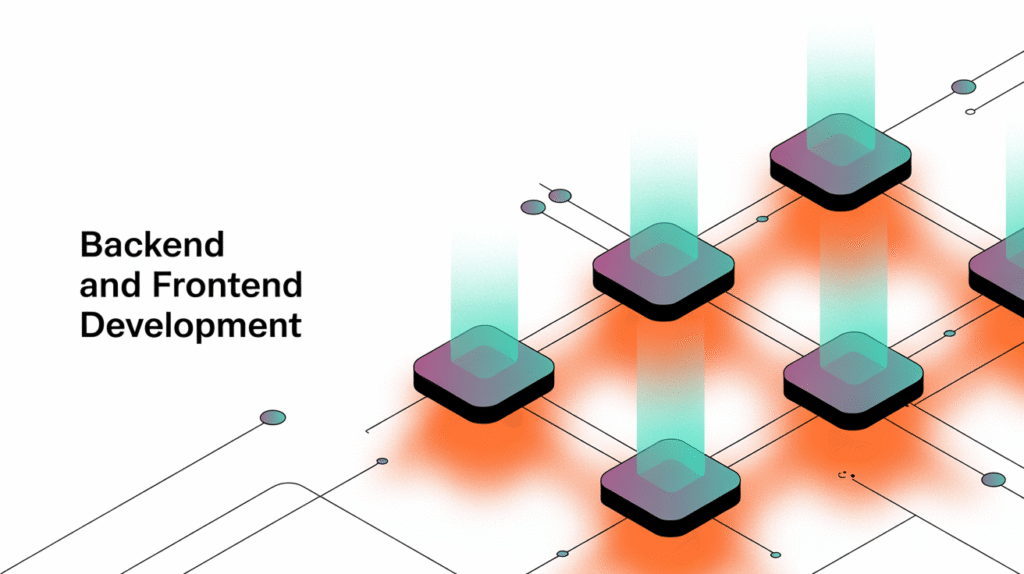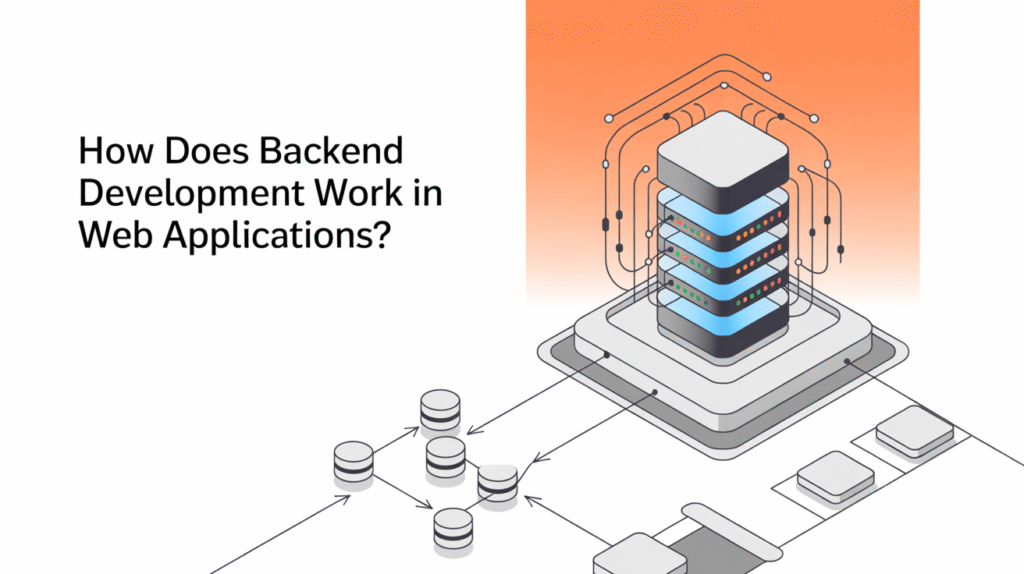- Bluell
- Blog
- Android
Industrial IoT role in Sweden's Smart Manufacturing Revolution (2024)
- Development
- 9 min Read
- 19 May 2025
The Industrial Internet of Things (IIoT) is becoming even more crucial as Sweden’s industrial sector moves towards Industry 4.0. IIoT enables Swedish companies to become more ecologically friendly, competitive and efficient through predictive maintenance and real-time monitoring. This article looks at how IIoT is transforming Swedish manufacturing, the latest developments that are enabling this and how companies can benefit from these technologies.
What is industrial IoT?
Industrial IoT is the combination of sensors, devices and analytics platforms that work together to collect and view data in factories. IIoT is particularly important for Sweden in industries such as mining, energy and automotive because it helps manufacturers improve energy efficiency, reduce machine downtime and make production more efficient.
Key components in industrial IoT in Sweden
IoT sensors:
Swedish manufacturers are using IoT sensors to keep an eye on machines and record information about things like vibration, temperature, and pressure. Discover the best IoT sensors that are driving this transformation in Swedish industry. For example, major car companies like Volvo are using IoT devices to automate quality control and prevent their cars from breaking down, which costs a lot of money.
Edge computing:
By processing data in real time close to where it comes from, you can make decisions quickly and with little delay. This is very important for Sweden’s high-tech companies, such as mining and electronics.
Cloud platforms:
Swedish manufacturers can store and analyze large amounts of data offsite thanks to cloud computing. This makes predictive maintenance easier and improves supply chain management.
5G network:
Sweden’s experience with 5G is very important for IIoT use. Companies in Sweden can use advanced automation systems and online control of heavy equipment in areas such as mining thanks to low-latency 5G.
The impact of Industrial IoT on Swedish manufacturing
Real-time monitoring and automation:
IIoT allows Swedish factories to automate jobs and make production lines run more smoothly. Ericsson is a well-known company that uses IIoT to automate its production lines, improving accuracy and reducing costs.
Predictive maintenance:
Developing a Minimum Viable Product (MVP) can be challenging, especially when it comes to defining what “minimum” means. What should be included in the MVP and what should be left out? It’s about identifying the most basic features that solve the user’s problem without adding unnecessary features that can increase development costs.
An important aspect is balancing simplicity with functionality. The MVP should be simple enough to get to market quickly, yet functional enough for users to get value from it.
Another common concern is exposing ideas to competitors. Sharing an early version of an MVP can feel risky, but it can also provide a competitive advantage by enabling faster iterations. By gathering feedback early and improving the product quickly, you can get ahead of the competition and adjust your strategy based on real user data. MVP iterations are a powerful way to test and improve an app or product before you invest too much.
Examples of successful MVP iterations, such as MindMore or other companies, show how rapid development and feedback can lead to a better product in a shorter time. These examples emphasize the importance of developing and testing an MVP early in order to be able to make adjustments based on market needs.
Real MVP Success Stories
Several companies have successfully used MVP (Minimum Viable Product) to quickly test and improve their ideas. Here are two examples:
MindMore (Health Technology App)
Swedish manufacturers can tell when equipment is going to break before it does by using IoT sensors. This reduces downtime and maintenance costs, contributing to Sweden’s image of getting things done well.
Supply Chain Optimization:
IIoT helps companies like Scania keep track of parts and make the most of their inventory, reducing waste and keeping supply lines running smoothly.
Benefits of industrial IoT for Swedish manufacturers
Increased efficiency:
IIoT-driven automation makes operations more efficient, allowing companies to run 24 hours a day, seven days a week with little or no human intervention.
Cost reduction:
It saves money because Swedish manufacturers can guess when machines break down, which reduces repair costs and makes machines last longer.
Durability:
IIoT helps companies use less energy and emit less carbon by tracking and improving how they use energy, which fits with Sweden’s strong focus on protecting the environment.
Case Study: Volvo and IIoT Adoption
Volvo is a leader in Sweden when it comes to using IIoT. Volvo has been able to reduce downtime by 30% by using IoT sensors and 5G technology in all its factories. This is possible through real-time tracking and planned maintenance. This lowers operating costs and increases production at the same time.
High initial costs:
Setting up IIoT infrastructure requires large initial outlays, especially for smaller manufacturers.
Cybersecurity issues:
Swedish companies must give cybersecurity top priority as the number of linked devices increases to protect private business data against attackers.
Integration with legacy systems:
Many Swedish companies use outdated machinery, making it difficult to incorporate new IIoT technology. But technology companies like ABB and manufacturing companies working together are making this change easier.
How Swedish manufacturers can implement IIoT
Assess your needs:
Find out which parts of your business could use IoT the most, like keeping track of your goods or keeping an eye on your machines.
Choose the appropriate technology:
Choose the devices, platforms, and cloud services that are right for your business and how it works.
Pilot project:
Before a full-scale rollout, start with pilot projects to see how well IIoT solutions help your business achieve its goals.
Partnership:
Work with Swedish technology companies like Ericsson or Telia to leverage their IIoT expertise.
Table of contents
Frequently asked questions
What is industrial IoT?
Using sensors and connected devices in factories, A: Industrial IoT (IIoT) monitors processes, compiles data, and runs jobs automatically.
How does IIoT benefit Swedish manufacturers?
IIoT streamlines operations, reduces costs by allowing manufacturers to plan for maintenance, and helps Swedish companies get the most out of their production lines.
Why is 5G important for IIoT in Sweden?
5G provides fast connectivity with low latency, allowing Swedish companies to use real-time monitoring and automation, especially in the mining and automotive industries.
What are the challenges with IIoT in Sweden?
The biggest problems are the high startup costs, security risks, and the fact that IIoT is difficult to connect to legacy manufacturing systems.
How can Swedish manufacturers implement IIoT?
To start with, Swedish producers can look for ways to do things better, choose the right IoT technology, run pilot programs, and work with IIoT experts.
Contact us
Book a call or fill out the form below and we will get back to you once we have processed your request.




